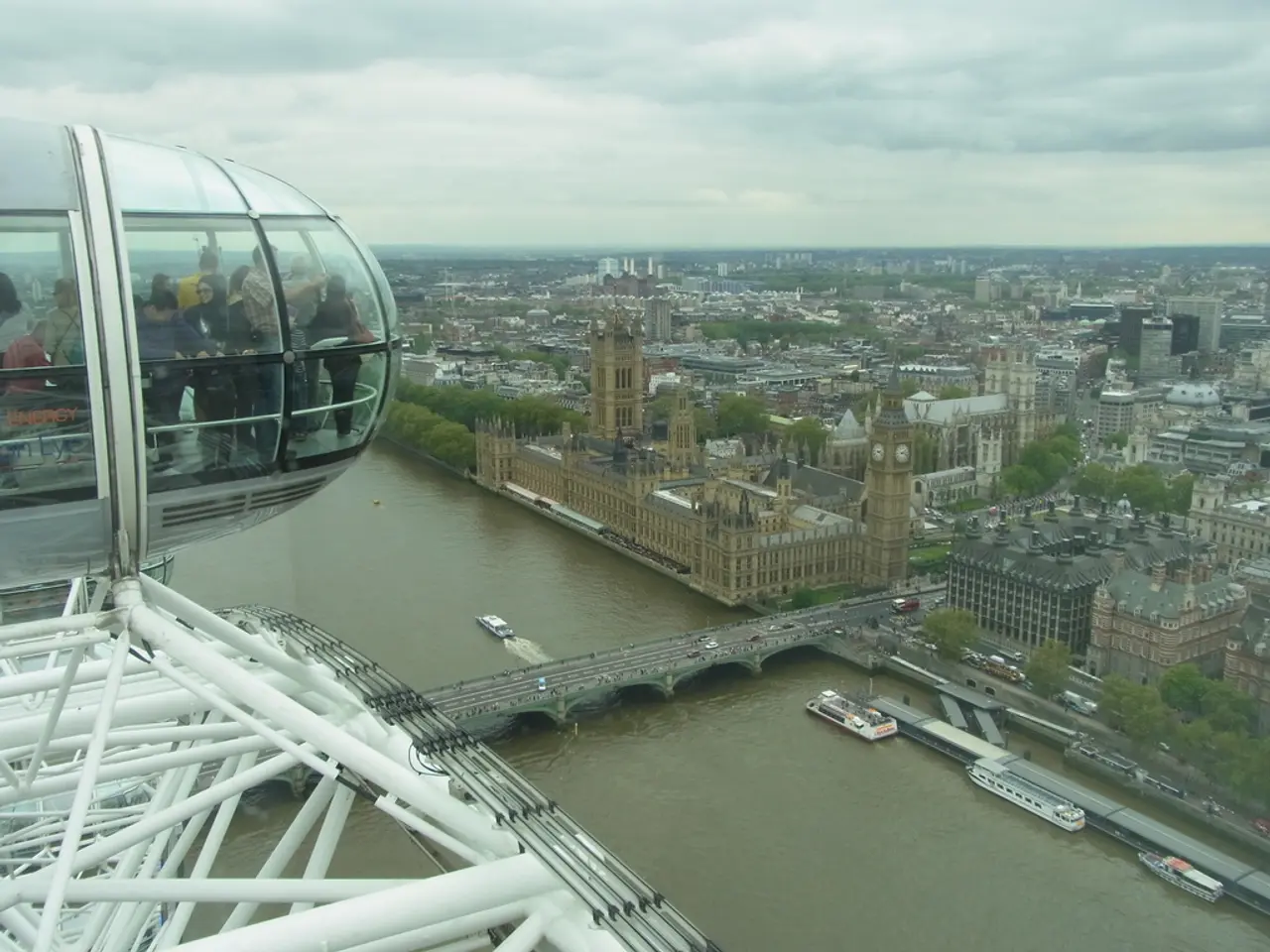More than half of British homes adhere to insulation standards established during the 1970s.
The Great British Insulation Scheme (GBIS), launched in April 2023, is set to undergo expansions and improvements to enhance energy efficiency in British homes, particularly for low-income and vulnerable households living in less energy-efficient properties.
According to a recent study, over half (55%) of British homes only meet insulation standards set in 1976 or earlier, with insufficient cavity wall insulation, absence of double-glazed windows, inadequate loft insulation, and poor floor insulation being the primary causes of heat loss in older homes.
Current proposals for the GBIS focus on enhancing home insulation standards mainly for homes rated D-G on the Energy Performance Certificate (EPC) and in lower Council Tax bands. The scheme aims to improve energy efficiency through single insulation measures, complementing the broader Energy Company Obligation (ECO4) scheme.
The GBIS is scheduled to run until April 2026, with ongoing consultations by Ofgem seeking public and stakeholder input on administration and potential expansions. Some of the key developments and consultations indicate directions to improve the scheme's impact and integration with other energy efficiency and low carbon initiatives.
One such development is the consultation on scheme administration, with Ofgem inviting feedback on improvements in delivery and future timelines. Integration with smart metering and low carbon technology is also expected to increase, following government goals in the Warm Homes Plan and Clean Power 2030 Mission. This includes encouraging suppliers to promote smart meters alongside retrofit insulation measures.
The focus remains on cavity wall and loft insulation, with potential new support for heating measures integrated within insulation efforts. EDF Energy is lobbying the government to expand the GBIS, advocating for its extension to include Council Tax Band E homes in England, which would bring in an additional 2.4 million homes.
The average energy bills remain 56% higher than before the cost-of-living crisis began, and many homeowners are missing out on significant savings on their energy bills due to the energy crisis and little progress in improving the energy efficiency of older British homes in the past two years. Currently, only one measure per home is allowed under the GBIS, but allowing multiple measures in homes that require them could help customers lower their energy bills and carbon footprint, as well as reducing the costs of delivering the scheme.
Heating control measures, such as room thermostats, are not currently delivered to all customer groups under the GBIS but could bring significant bill and usage reduction for households. However, almost a fifth of homeowners have no knowledge about various insulation methods available to help individuals save money in the long-run.
In summary, current expansions and improvements to GBIS primarily revolve around stakeholder consultations for administration refinement, enhanced integration with smart technologies, and alignment with complementary schemes like ECO4 and the Boiler Upgrade Scheme for a holistic approach to improving home energy efficiency and tackling fuel poverty. Official, detailed proposals for GBIS beyond 2026 are expected to be clarified following ongoing consultations.
- To tackle fuel poverty and improve energy efficiency in older homes, the Great British Insulation Scheme (GBIS) is seeking consultation on potential expansions, focusing on enhancing the administration of the scheme and integrating it with smart metering and low carbon technology.
- The proposed improvements for the GBIS will not only focus on cavity wall and loft insulation, but also on new support for heating measures integrated within insulation efforts.
- EDF Energy is advocating for the GBIS to be extended to include Council Tax Band E homes in England, which would bring in an additional 2.4 million homes, aiming to reduce energy bills and carbon footprint.
- The energy crisis has led to a significant increase in average energy bills, with many homeowners missing out on savings due to little progress in improving the energy efficiency of older homes in the past two years.
- The lack of knowledge about available insulation methods among homeowners is a concern, as heating control measures like room thermostats could bring significant bill and usage reduction if implemented more widely.
- Beyond 2026, detailed proposals for GBIS are expected to be clarified following ongoing consultations, aiming for a holistic approach to improving home energy efficiency, tackling fuel poverty, and promoting personal financial savings through budgeting and renewable-energy investments in the environmental-science and wealth-management sectors.




